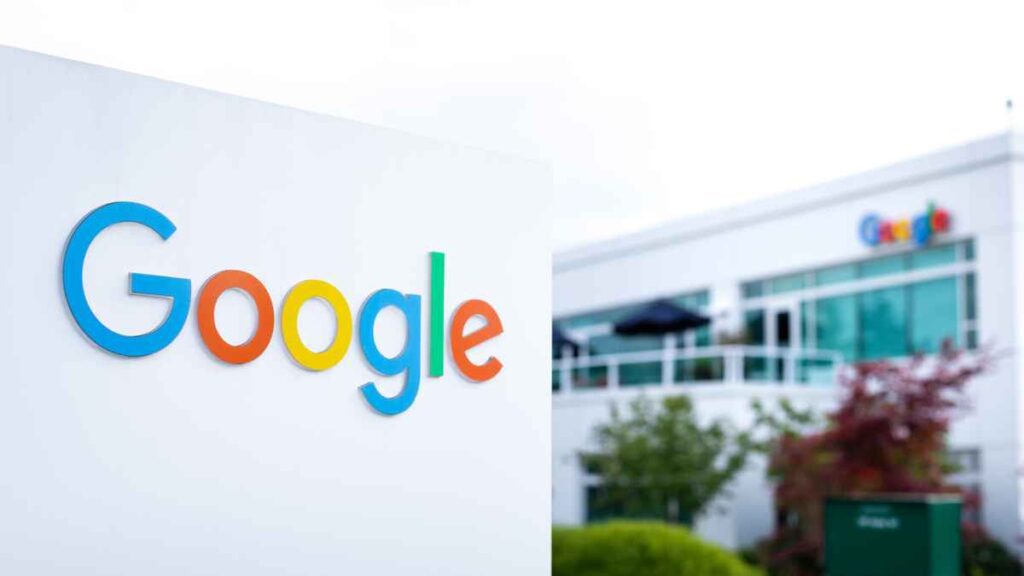Google under fire in Australia, as it appeals $5.9 billion fine in the EU

Google plays all its cards to prove its uprightness in anti-competitive behavior, debunking any allegations circulating its market sovereignty as it gets bombarded by the Australian Competition and Consumer Commission’s (ACCC) allegations, report finds.
The ACCC’s results revealed that Google’s anti-competitive behavior in providing ad tech services reached its highest level yet as the search engine giants create “systemic competition concerns” in the tech field resulting in the search engine overtaking the Australian market.
“While the extent of competition for the supply of each ad tech service varies, Google dominates the supply of ad tech services in Australia. We estimate that over 90 percent of ad impressions traded in 2020 via the ad tech supply chain passed through at least one Google service,” the report stated.
From an analytical point of view concerning Google’s methods of showing and promoting ads demonstrated on a general search engine, regulatory authorities’ findings revealed that Google’s segment of impressions for the four leading ad tech services used in the country ranged between 70 to 100 percent.
While the Big Tech titan took the lead in main tech services, revenue for the company’s share of revenue fluctuated between 40 to 70 percent, giving the platform a crowning glory of overlapping its competitors that cover the remaining amount of revenues split on the other eight platforms.
From its standpoint, Google said that ACCC’s review into its behavior was mainly concentrated on a relatively limited section of the ad tech market as the report was only analyzing and portraying open ad practices.
However, the Commissions’ findings revealed that last year $2.03 billion was invested in open display advertising in Australia by the company. This displayed a blunt representation of Google’s indulgence in anti-competitive behavior resulting in a total of 43 percent in display advertising and a total of 30 percent in digital advertising spending in 2020.
“We are concerned that the lack of competition has likely led to higher ad tech fees. An inefficient ad tech industry means higher costs for both publishers and advertisers, which is likely to reduce the quality or quantity of online content and ultimately results in consumers paying more for advertised goods,” the ACCC said in the report.
“We have identified systemic competition concerns relating to conduct over many years and multiple ad tech services, including conduct that harms rivals,” it added.
Australia’s Commission sees Google’s conduct reveals a powered yet systemic transparency issue in the country’s ad tech industry since the tech mogul is not delivering enough openness regarding total fees by these service providers.
For that reason alone, the ACCC will be flagging new regulatory rules directed at dealing with conflicts of interest that could immerge when Google – or any ad tech provider for that matter – indulges itself in a position where they provide services throughout the supply chain.

Comprehending Google’s power over the market plays an immense role in how the search engine platform can simultaneously operate on behalf of the buyer and seller of ads while maintaining its original operational mechanism of harnessing ad exchange connections between parties.
As Google challenges regulatory authorities on its structural ad business, the company initiated on Monday its appeal against the European Commission’s $5.07 billion fine, the Commission’s most ponderous antitrust fine in its history.
Google is no stranger to antitrust fines from various authority aspects. For that reason, the European Commission has examined the Big Tech firm’s misconduct in imposing its authority on Android device creators and network operators to preinstall Google Search and Chrome to preserve and fortify its supremacy in the generalized search engine field.
Sparked by the Commission’s $5.07 billion fine, Google’s appeal will aim to revoke the penalty under the pretense that the Commission mistakenly assessed the company’s position in the smartphone market, claiming that Android and the Play Store do not hold any dominion on the market.
In early 2017, the European Commission penalized the Big Tech titan with more than $9.3 billion for its anti-competitive conduct, in addition to the recently appealed fine, totaling in a colossal $15 billion worth of penalties imposed on Google by Europe’s regulatory authorities.
